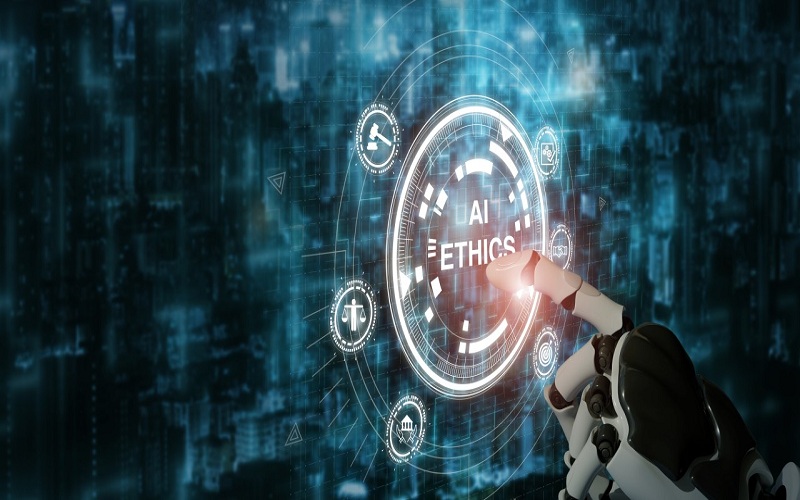As artificial intelligence (AI) continues to evolve and integrate into various sectors of society, the ethical implications of its development have become a central concern. The burgeoning capabilities of AI systems, from decision-making algorithms to autonomous robots, present profound questions about responsibility, bias, privacy, and the future of work. Balancing the relentless pursuit of innovation with ethical responsibility is paramount to ensuring that AI benefits humanity without compromising fundamental values and rights.
The Foundation of Ethical AI
The development of ethical AI begins with a foundation in responsible data handling, algorithmic fairness, and transparency. A comprehensive data science course often serves as the first step for many AI developers, providing them with the tools to understand and manipulate data while emphasizing the importance of ethical considerations in data collection, processing, and usage. This education is critical in preparing developers to identify and mitigate biases that could be inadvertently embedded in AI systems, leading to discriminatory outcomes.
Cross-disciplinary Approach to AI Ethics
Ethical AI development requires a cross-disciplinary approach that goes beyond technical proficiency. It involves integrating insights from philosophy, social sciences, and legal studies into the AI development process. This interdisciplinary collaboration ensures that AI systems are designed with a nuanced understanding of ethical principles, social impact, and legal compliance. For example, a Full Stack Developer Course that incorporates elements of user privacy and data protection laws can equip developers with the skills to build AI applications that are not only effective but also respect user rights and data sovereignty.
Problem-solving and Ethical Decision-making
At the heart of AI development lies the ability to solve complex problems efficiently. A DSA (Data Structures and Algorithms) Course is instrumental in honing these problem-solving skills. However, when applied to ethical AI development, the focus shifts from efficiency and optimization to include ethical decision-making. Developers must learn to evaluate the potential consequences of AI algorithms and make choices that prioritize ethical outcomes over mere technical achievements. This means designing systems that are transparent, explainable, and capable of being audited for accountability.
Regulatory and Ethical Frameworks
The development of ethical AI is further guided by emerging regulatory and ethical frameworks that set standards for accountability, fairness, and transparency. Developers must navigate these frameworks, often incorporating ethical guidelines into the development process from the ground up. This involves critical engagement with ethical principles during the design phase, continuous monitoring for unintended consequences during deployment, and the willingness to make adjustments based on feedback and impact assessments.
The Role of Education and Continuous Learning
The rapidly evolving nature of AI technology and its ethical implications necessitate a commitment to continuous learning and professional development. For AI developers, this means staying informed about the latest research, engaging with ethical debates in the field, and participating in ongoing education to refine their understanding of ethical AI. Workshops, seminars, and advanced courses on AI ethics play a crucial role in this process, enabling professionals to keep pace with new challenges and solutions. Distributed Understanding and Algorithms knowledge is required for continuous learning in the field. Some online suitable DSA course and system design course add value for precise learning of Ethical AI.
Conclusion
Balancing innovation with responsibility in AI development is a complex but essential endeavour. It requires a multifaceted approach that combines technical expertise with ethical understanding, regulatory compliance, and continuous learning. By integrating ethical considerations into every stage of AI development, from education in data science, full stack development, and algorithms to the application of AI in real-world scenarios, developers can ensure that AI technologies advance societal good while respecting ethical boundaries. The journey toward ethical AI is ongoing, and it is the collective responsibility of developers, policymakers, and society at large to navigate this path with foresight, integrity, and a commitment to the greater good.

